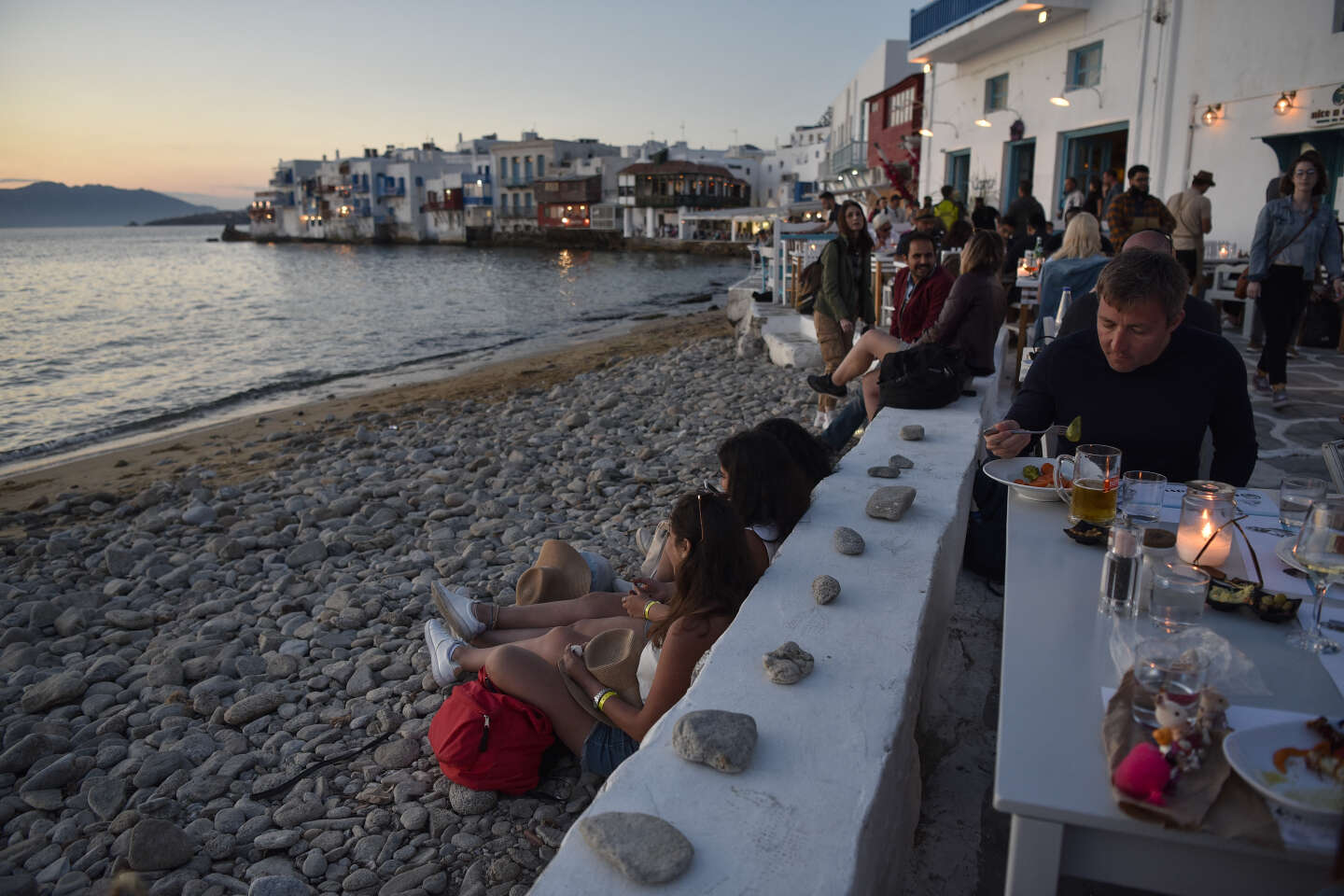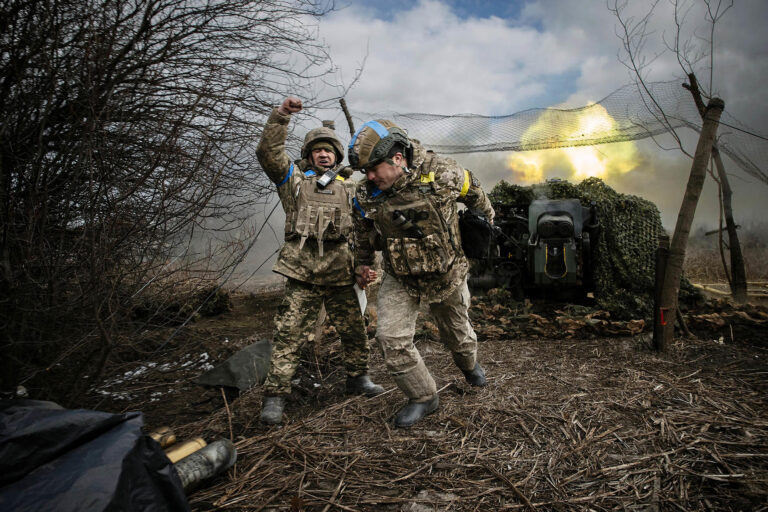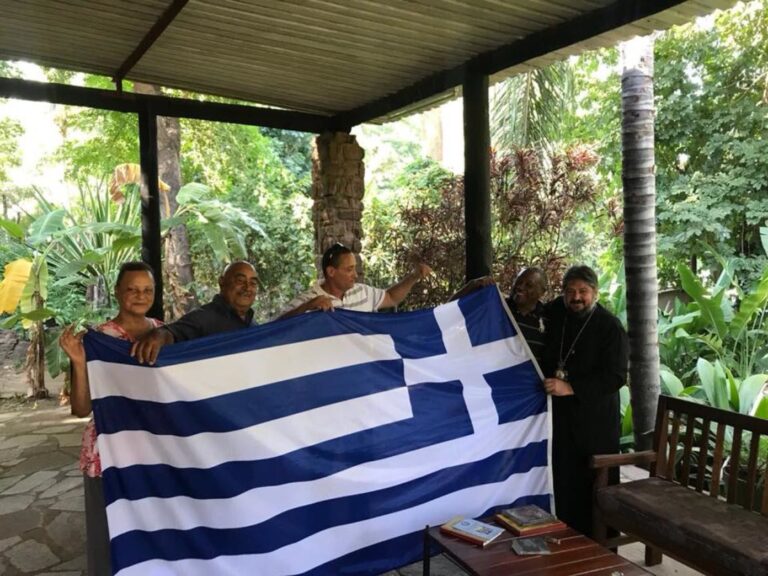Promises made to restore the rule of law and deal effectively with the illegal construction on Mykonos, arguably the most famous Greek island, have not been carried out. At least not yet, and definitely not to the extent needed to start making things right.
To be fair, it is not an easy task. Strong interests and powerful people with influence are involved. Still, the authorities have to show the necessary resolve to fight corruption.
Despite numerous inspections and discoveries by the island’s police, the urban planning abuses continue unabated. There have been very few, if any, cases of illegal constructions being terminated, or serious fines being imposed. Add to the mix the new houses and hotels that pop up, whose construction, even in the cases where they have the necessary licenses, negatively impacts the environment and alters the natural beauty of the island, further hurting its image.
Most observers of developments on the island attest to the growing role of a number of powerful local operatives who, despite repeatedly violating rules and laws, remain untouched. There is a lot of blame to go around, from the central government to the local officials, and often it is not clear where the main responsibility lies.
What is certain though is that the situation has come to an impasse. The recent murder of a surveyor, and last year’s beating of an archaeologist, put human faces to the ongoing criminal behavior that not only tarnishes the image of Mykonos, but that of Greece as a whole.
This is not only a sad development for a beautiful island, but one that might negatively impact its international appeal and by extension its ability to attract the billions of euros the high-end visitors bring into the Greek economy every year. The illegal activity itself, and the perception it creates, are a threat.
In that context, the government has every reason to act to end the abuses and to do so immediately and with the necessary dedication and forcefulness the present dire situation entails.







